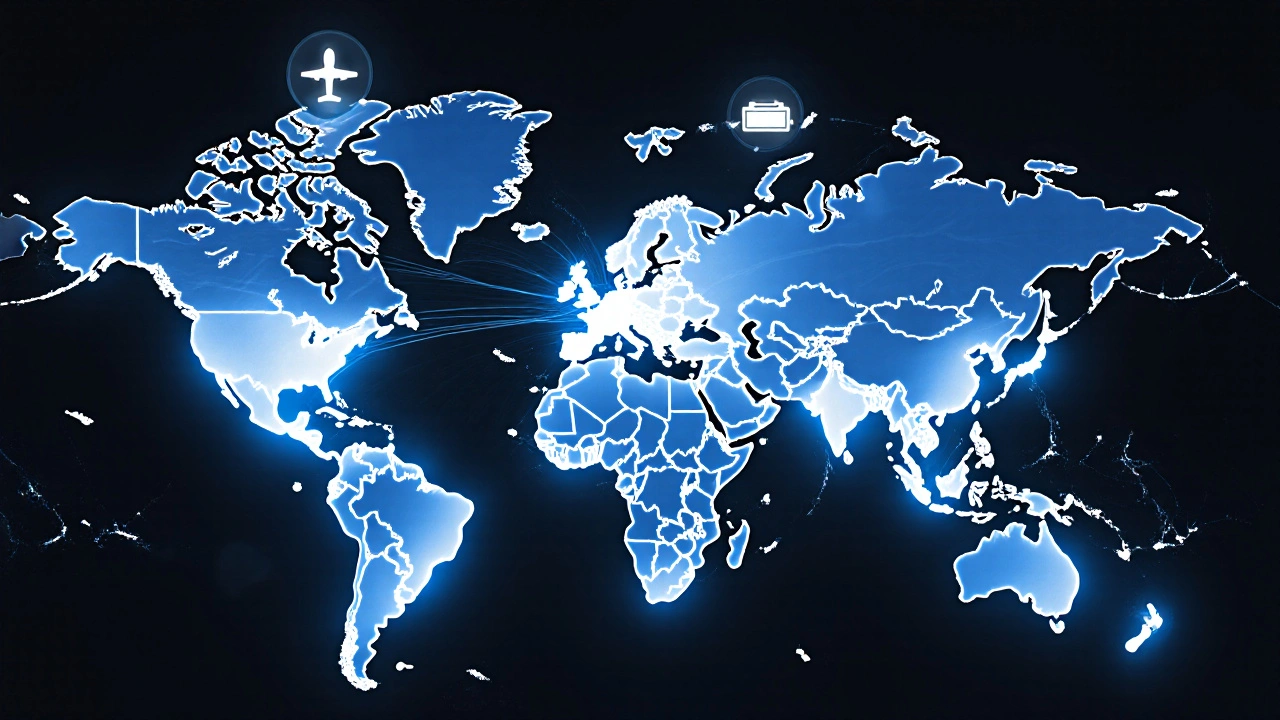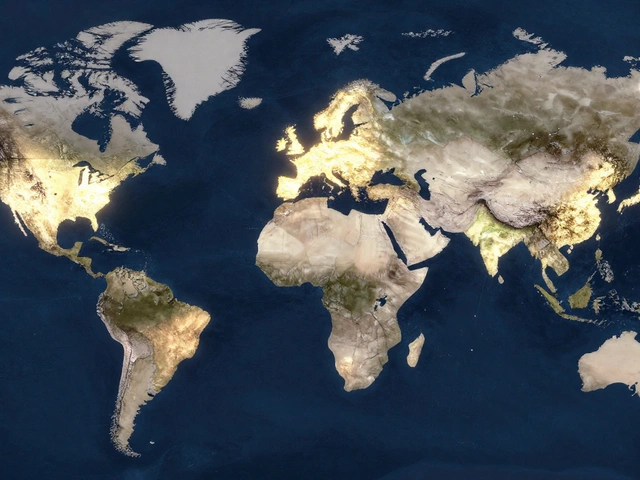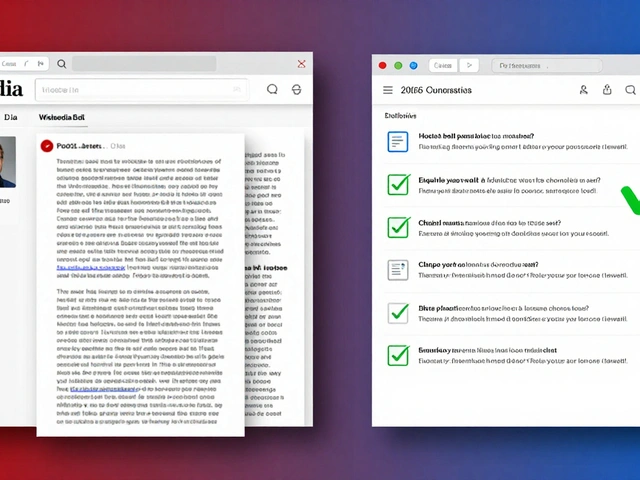Wikipedia trends: What’s changing in editing, governance, and community growth
When we talk about Wikipedia trends, observable patterns in how content is created, edited, and governed on Wikipedia over time. Also known as editorial shifts, these trends reveal who’s contributing, what’s getting attention, and how the platform is adapting to new pressures. It’s not just about more edits—it’s about who’s doing them, why, and with what tools.
One major trend is the rise of WikiProjects, volunteer-led groups focused on improving articles in specific topic areas like medicine, history, or African languages. These aren’t casual teams—they’re structured, goal-driven networks that turn good articles into Featured Articles by enforcing sourcing, structure, and peer review. Meanwhile, Wikimedia grants, funding awarded to local communities to build content in underrepresented languages and regions are helping languages like Swahili and Yoruba grow faster than ever. These grants aren’t just money—they’re a strategy to fix a long-standing gap: most of the world’s knowledge still isn’t on Wikipedia in the languages people speak every day.
On the other side, Wikipedia editors, the diverse group of volunteers who make up the platform’s workforce are changing too. Surveys show more women over 45 are joining, rural and Indigenous editors are finding ways to contribute, and paid editors are becoming a noticeable force in high-profile topics. But with that comes tension—paid edits bring polish but can feel impersonal, while volunteers bring depth but often lack time. And now, AI editing, the use of automated tools to suggest changes, flag vandalism, or even draft content is creeping in. Some see it as a lifeline to keep up with demand. Others worry it’s freezing bias into the system and making it harder for marginalized voices to be heard.
It’s not just about technology or numbers. The real story is in who gets to decide what’s true. ArbCom elections, copyright takedowns, and talk page debates are where power gets played out. The same people who built Wikipedia’s reputation for reliability are now fighting to keep it open, fair, and human-led—even as AI companies scrape its content without permission. These trends aren’t random. They’re the result of choices: who gets funded, who gets heard, and what kind of knowledge gets preserved.
Below, you’ll find real stories from the front lines—how volunteers built crisis coverage during the pandemic, how journalists use Wikipedia without getting burned, how photo licensing errors spread misinformation, and how a single grant can spark a whole new language edition. These aren’t abstract reports. They’re snapshots of a living, breathing system trying to stay true to its mission.
Unexpected Wikipedia Topics Gaining Popularity: Emerging Trends
Wikipedia is seeing unexpected spikes in traffic for obscure historical events, scientific mysteries, and forgotten pop culture topics. These aren't viral trends-they're quiet waves of curiosity from people seeking real answers.
Trend Reports: Emerging Topics Spiking on Wikipedia
Wikipedia trend reports reveal what people are urgently searching to understand-often before mainstream media picks up the story. From hydrogen aircraft to AI court rulings, these spikes show real public curiosity, not viral noise.






